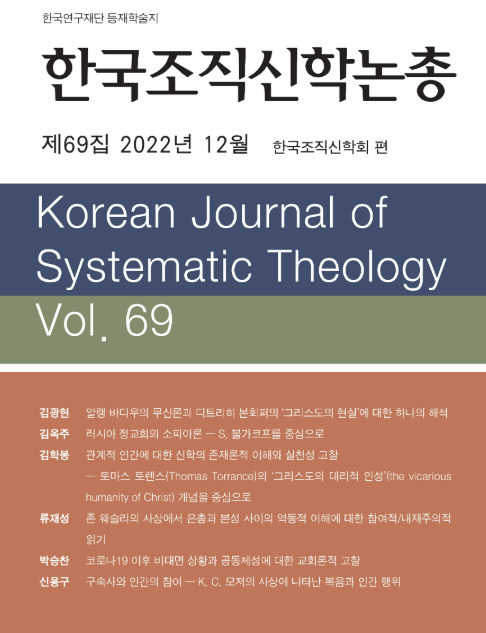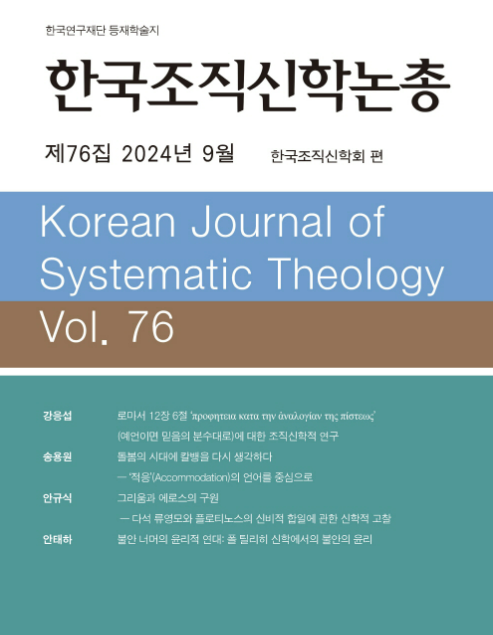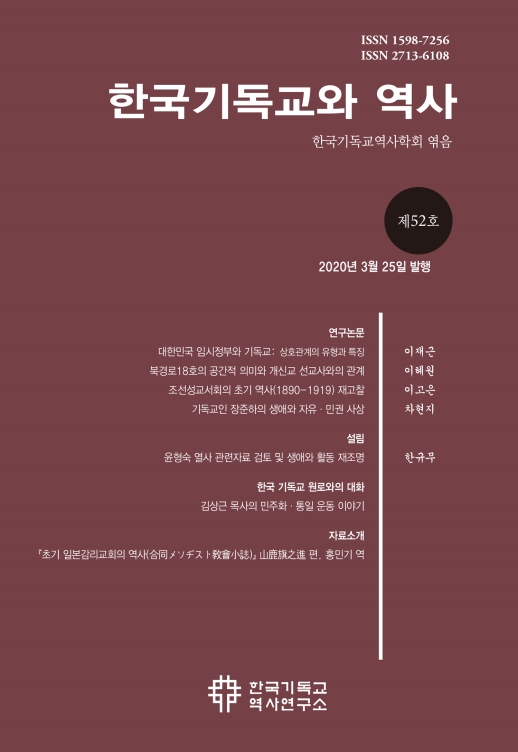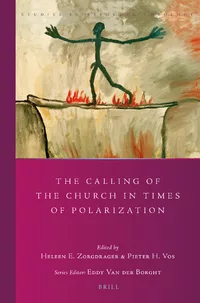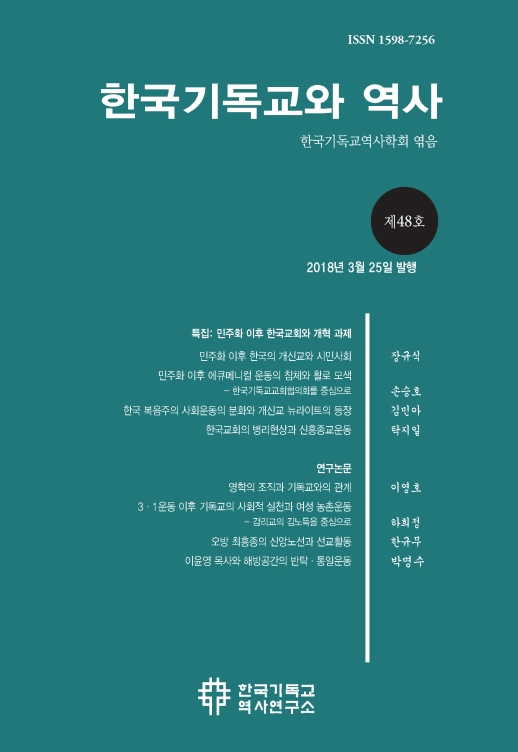본 논문은 관계적 인간에 대한 신학의 존재론적 이해와 그 이해가 지닌 실천성을 연구한다. 토렌스는 교부신학의 ‘신화(theosis)개념’으로부터 ‘그리스도의 대리적 인성 개념’을 발전시키면서 하나님과의 연합과 화해를 통한 인간의 참된 관계적 존재를 기독론의 조명 아래 심도있게 고찰한다. 이런 논의에 기초하여 토렌스는 동료 인간과의 인격적관계와 상호 인격적 사회구조의 변혁에 대한 실천적 논의를 이끌어낸다. 이와 같은 신학적 방법론은 그리스도를 중심으로 하는 인간에 대한 존재론적 이해가 비단 하나님과 인간과의 수직적 관계에 국한되지않고 인간의 수평적 관계와 구조에 긍정적이며 직접적인 영향을 준다는 사실을 보여준다는 점에서 탐구적 의의를 지닌다. 논문은 먼저 관계적 인간에 대한 토렌스의 인식론적 토대를 살펴 볼것이다. ‘그리스도의 대리적 인성 개념’을 통해 진실한 인간 존재와 관계를 창조하는 존재론적 근원인 하나님과의 연합과 화해를 다룰 것이며, 그리스도의 대리적 인성이 수반하는 실천성을 새로운 도덕적 삶과 질서, 사회관계의 변혁이라는 관점에서 논할 것이다. 이를 통해 논문은 그리스도의 인격과 사역을 관계적 인간을 위한 신학의 존재론적 핵심으로 제시할 것이며 그리스도 중심적 인간 이해가 교리적 설명을 넘어 실천적 함의와 적용을 지니고 있다고 주장할 것이다.
This paper examines the ontological understanding of relational human beings in theology and its practicality. While developing the concept of the vicarious humanity of Christ from the patristic concept of theosis, Torrance in the light of Christology explores the true relational existence of human beings which derives through union and reconciliation with God. On this basis, Torrance draws on the practical discussion of the possible transformation of human relationships with fellow humans and mutual personal social structures. This theological methodology of Torrance has significance for theological studies, for it unfolds the fact that the ontological understanding of humanity centered on Christ is not confined to the vertical relationship between God and humans, but positively and directly affects the horizontal relationship and structure of humans. This paper will first examine Torrance’s epistemological basis for relational human beings. Through the concept of the vicarious humanity of Christ, we will deal with union and reconciliation with God, the ontological source that creates true human existence and relation, and discuss the practicality of Christ’s vicarious humanity in terms of new moral life, order, and social relations. Therefore, this paper will present the person and work of Christ as the ontological linchpin of theology for relational humans and argue that Christ-centered understanding of human beings has practical implications and applications beyond doctrinal explanations.


